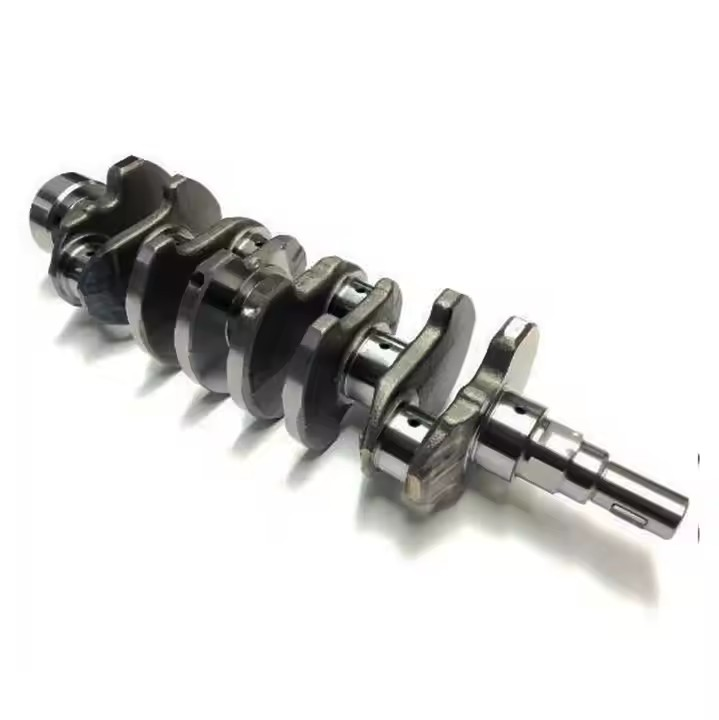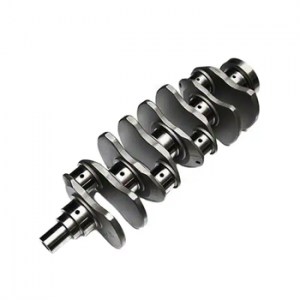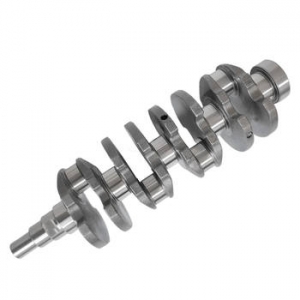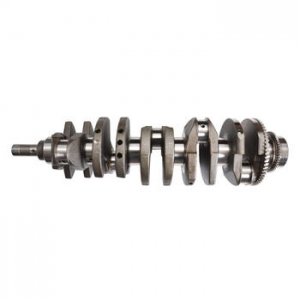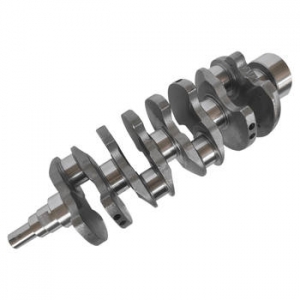Introduction
The crankshaft is a vital component of any internal combustion engine. It is responsible for converting the reciprocating motion of the pistons into rotational motion that drives the vehicle's wheels. However, like any mechanical part, the crankshaft is prone to damage. Understanding the types and causes of crankshaft damage can help you diagnose and fix the problem before it leads to more severe engine issues.
Types of Crankshaft Damage
Crankshaft damage can manifest in various forms, including:
Crankshaft Cracks
Crankshaft cracks are the most common type of damage. They usually occur due to excessive stress or fatigue, resulting from high engine RPMs, overloading, or sudden engine shutdowns. Cracks can also occur due to manufacturing defects or poor maintenance practices.
Crankshaft Wear
Crankshaft wear is another common type of damage that occurs over time due to normal engine wear and tear. It can also result from insufficient lubrication, contaminated oil, or improper installation of bearings.
Crankshaft Scoring
Crankshaft scoring occurs when the crankshaft journals or bearings become scratched or gouged. This damage can result from contaminated oil, improper installation, or damaged bearings.
Causes of Crankshaft Damage
Several factors can contribute to crankshaft damage, including:
Overloading
Exceeding the engine's rated horsepower or torque can cause excessive stress on the crankshaft, leading to cracks or other damage. Overloading can occur due to towing heavy loads, driving at high speeds, or using performance-enhancing modifications.
Improper Maintenance
Lack of regular maintenance can lead to insufficient lubrication, dirty oil, or worn-out bearings, which can cause crankshaft damage. Regular oil changes and inspections can help prevent these issues.
Manufacturing Defects
In some cases, crankshaft damage can occur due to manufacturing defects, such as improper heat treatment, material flaws, or machining errors. These defects can lead to weak spots in the crankshaft that are prone to cracking or breaking.
Engine Overheating
Engine overheating can cause the crankshaft to expand and warp, leading to misalignment and damage. Overheating can occur due to cooling system issues, such as a failed water pump, radiator leaks, or low coolant levels.
Conclusion
Understanding the types and causes of crankshaft damage can help you identify and address any issues before they lead to more severe engine problems. Regular maintenance, proper driving habits, and prompt repair of any issues can help keep your crankshaft in good condition and extend the life of your engine.

